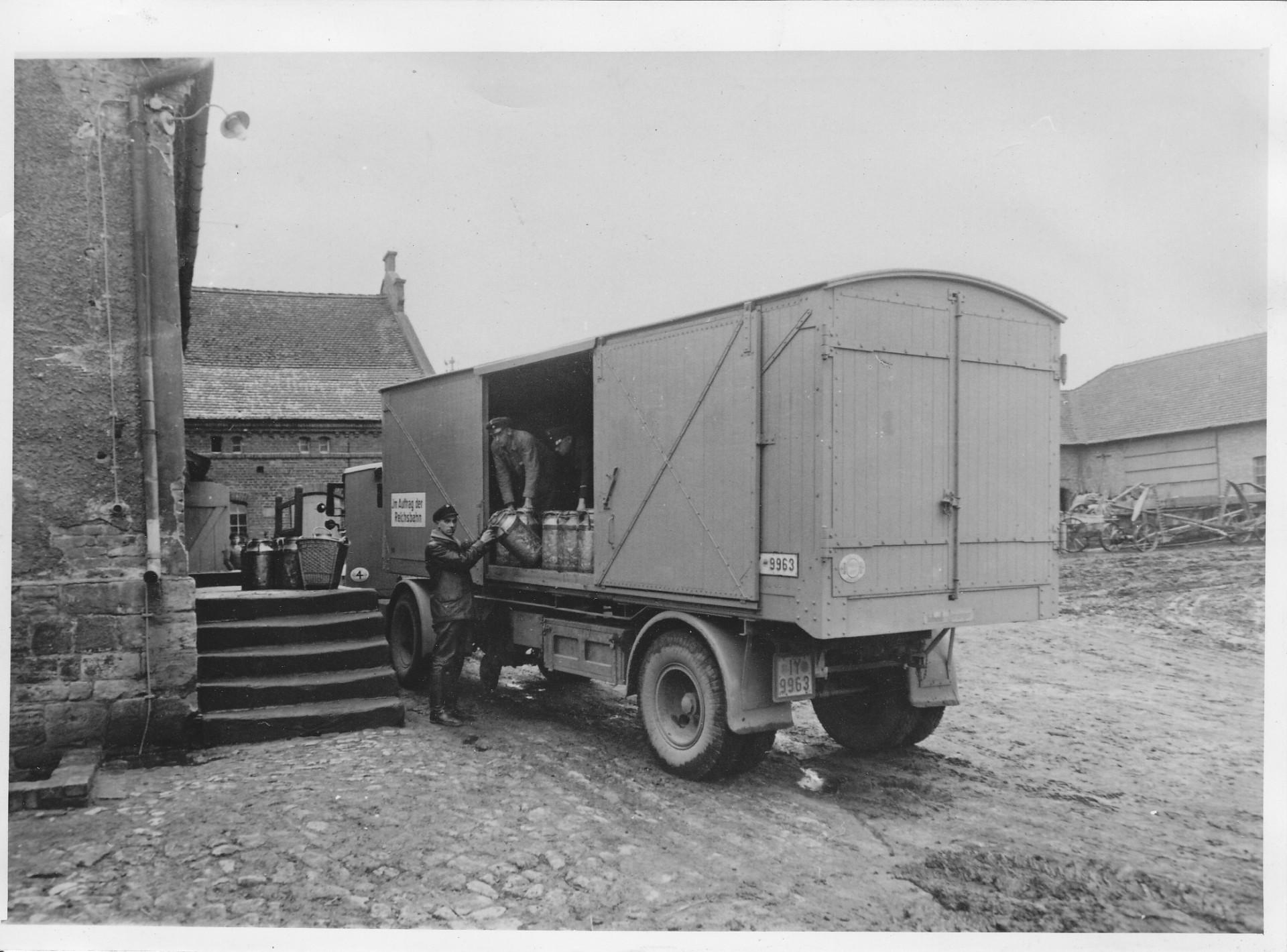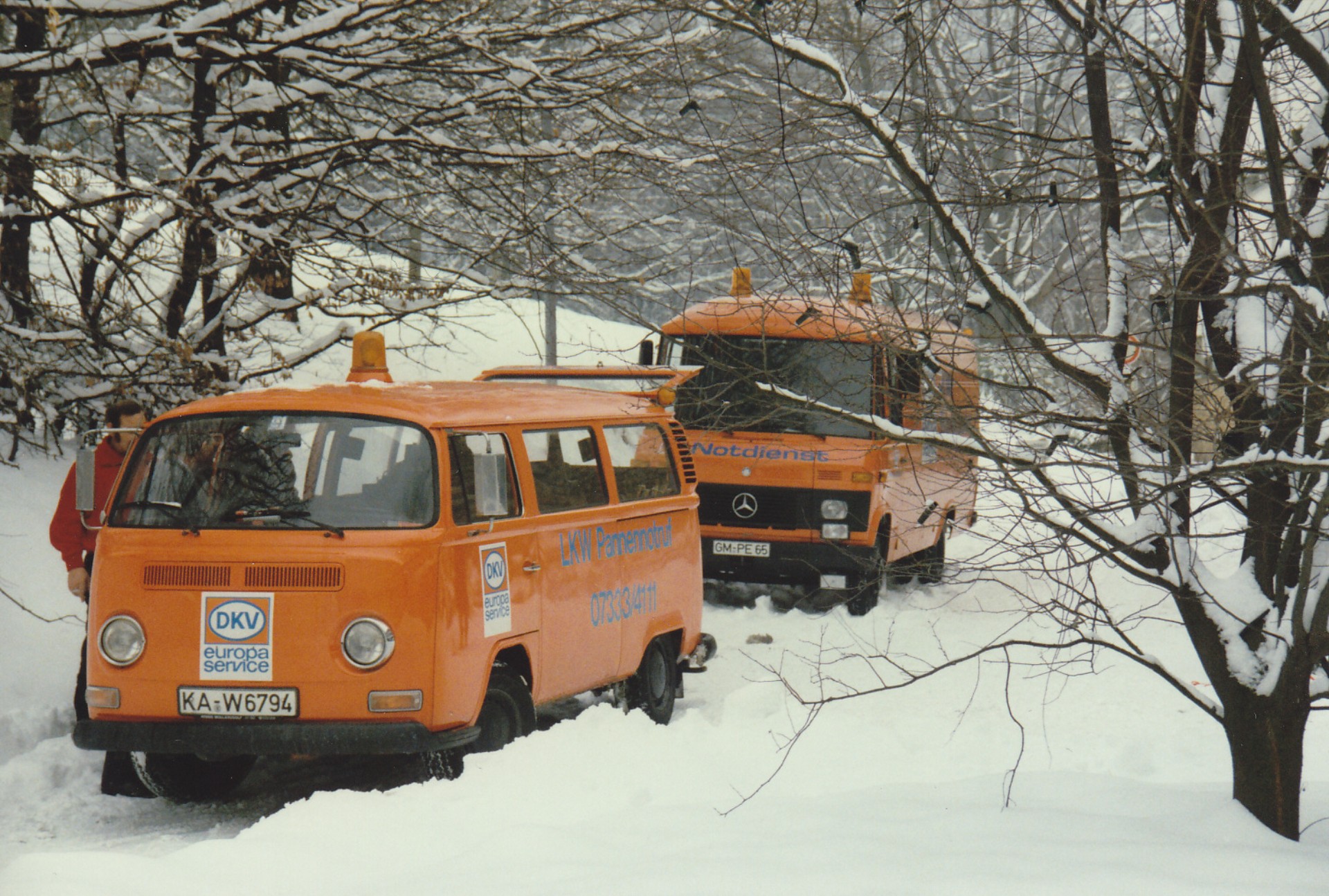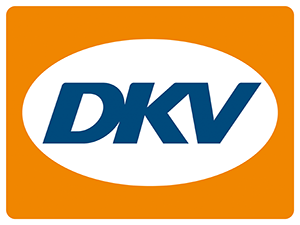DKV Mobility, the transformation driver of 90 years

Contactless payment of fuel and tolls, electric filling stations for battery-powered trucks, satellite routing from space - even the three visionary businessmen who founded Deutsche Kraftverkehr (now DKV Mobility) in 1934 could not have imagined it. Nevertheless, the three pioneers embarked on the path to ever more efficient, safer and more sustainable mobility from the start with great energy. Since then, the will to consistently improve products and services has been a common thread running through the company's 90-year history, making DKV Mobility the driver of transformation.
Let's take a look back in the 1950s, when driving a truck was often an adventure. Adverse weather conditions and poorly developed routes posed deep challenges for truckers. The DKV road atlas, which appeared for the first time at that time, was a huge milestone. In addition to road information, the printed publication also provided information on the statistical frequency of fog, snow and black ice across borders in Europe. Used as an analog route planner, it offered a clear advantage in the fierce competition on the road and improved the safety of drivers and loads. The innovative driver's cab, which the company introduced in 1951, also contributed to greater efficiency and comfort. The integrated bunk in the driver's cab allowed the driver to rest while his co-driver kept the course. Back then, drivers working 120 hours a week was a norm. Around the same time, the company inaugurated the first DKV hostels. The hostels were intended to offer drivers who were driving for DKV affordable and easily accessible accommodation. With dormitories and a simply furnished kitchen, the hostels offered practical accommodation.

The turning point for the company was likely the year 1966: the introduction of the DKV fuel card on 1 April 1966 revolutionized commercial road transport. Back in the 1950s, the company had first introduced the so-called fuel checks, which drivers could use to pay at contract filling stations. The introduction of the DKV Card was one true pioneering achievement, as credit cards were not even widely used by banks at the time. Now, forwarders could use the DKV Card to calculate the exact consumption of their fleet – where every two weeks they would receive an invoice detailing refueling activities of every truck. At the same time, the hauliers benefited from the low fuel prices that DKV Mobility negotiated with the filling station operators.
The DKV Card remains to be the company’s trademark. At this time, Ernst Grimmke was at the helm of the company and marked the start of a new era. Under his leadership, DKV Mobility not only consistently pushed ahead with its expansion in Europe, but also developed into a family-owned company rooted in the region with an international focus that is now active in more than 50 countries. Following the takeover of the company by his daughter Dr. Karin Fischer at the end of the 1970s, DKV Mobility was, by then, in its third generation of the family.
Further groundbreaking innovations followed the introduction of the fuel card at a rapid pace. The company was a pioneer in the introduction of the tachograph, which automatically recorded driving and rest times and has long been the standard, even today. What’s more, the company was also amongst the first to resolve the then complicated reimbursement of VAT in cross-border traffic. Likewise, DKV Mobility made it easier for the payment of tolls in Germany and abroad, resulting in the possibility to make cashless toll payments in Europe for its customers since 1995. At the beginning of 2000, the offer was boosted with contactless toll collection. Today, solutions such as the DKV Box Europe facilitate uninterrupted travel through 41 service countries.
The years since the turn of the millennium have been dominated by digitalization. That gave rise to new business opportunities, and since then, modern, digitalized products and business processes have been engineered consistently, to this day. In the 90 years since it was founded, DKV Mobility evolved to be the leading European B2B platform for on-the-road payments and solutions.
The transition to efficient and sustainable mobility of the future is the overarching goal of DKV Mobility. The company sees itself as an active driver for greater sustainability and climate protection and has committed itself to ambitious targets. These include new products and services which help customers achieve their sustainability goals and being a pioneer in climate protection. At 90 years, the company's pioneering spirit is more alive than ever.
